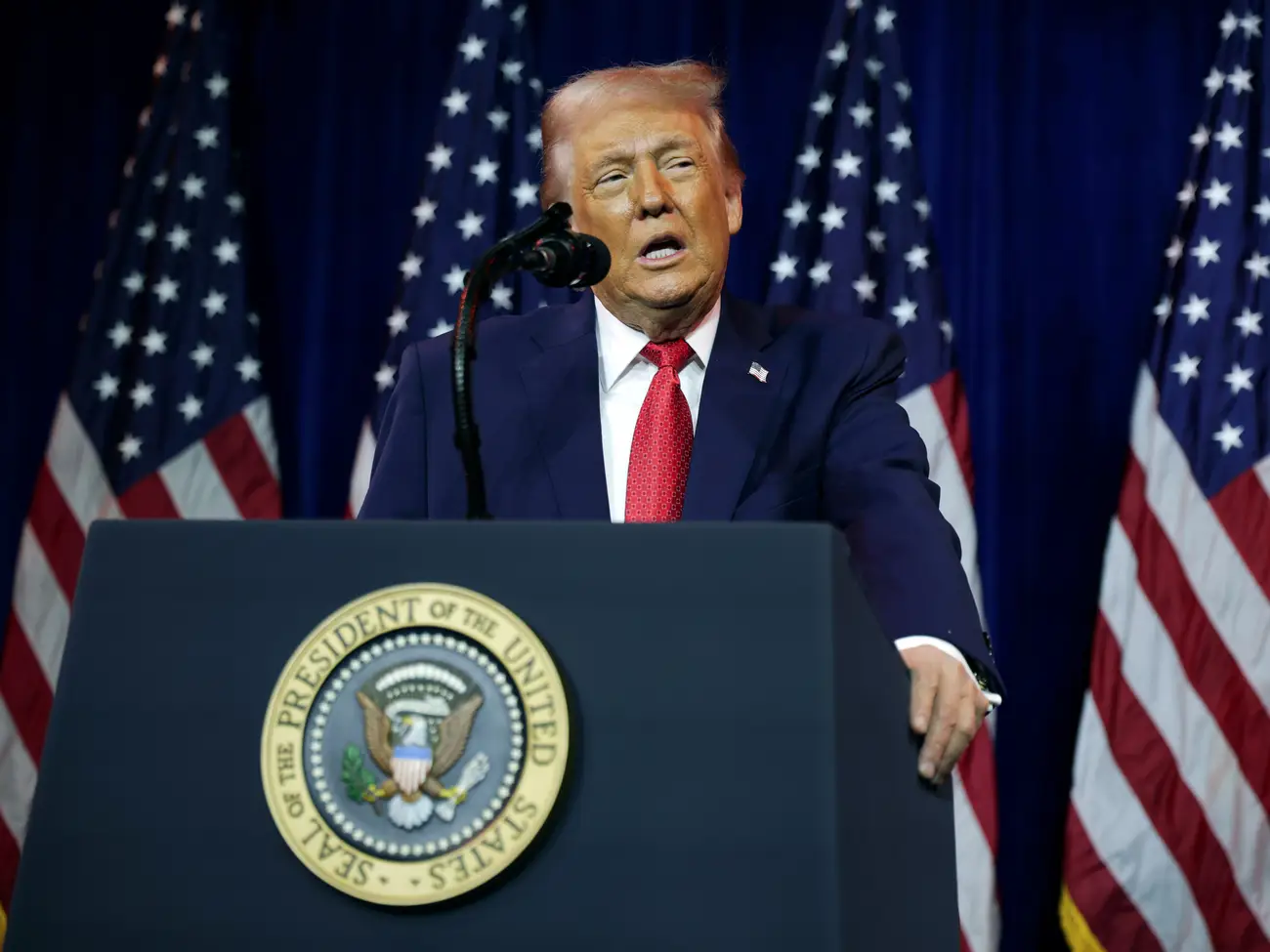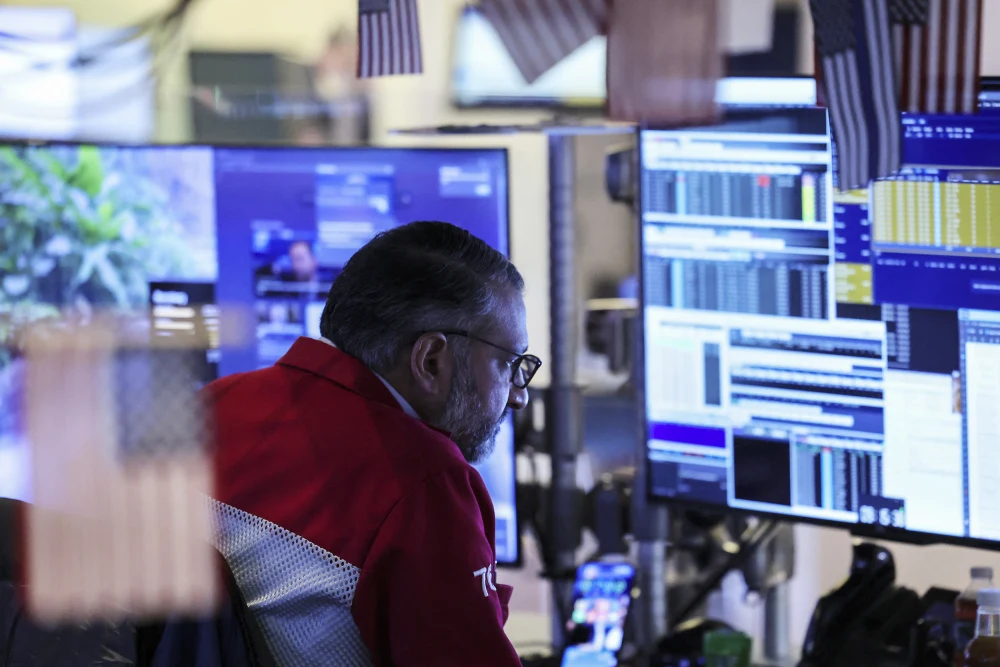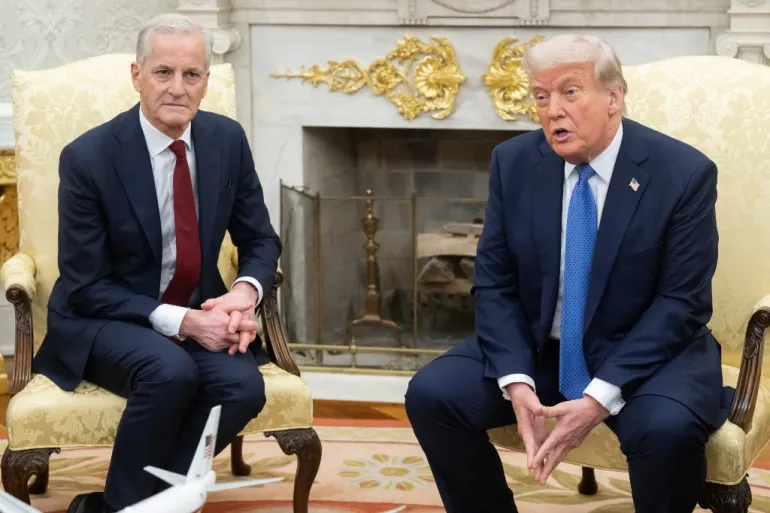Trump’s Auto Tariffs Could Reshape Industry, Spark Supply Chain Disruptions

President Donald Trump’s planned 25% tariffs on imported vehicles are set to take effect this week, a move aimed at reviving domestic auto manufacturing.
While the administration claims the tariffs will bring jobs back to the US, experts warn of significant disruptions to the industry, including rising vehicle prices, production slowdowns, and potential job losses.
Trump argues that the tariffs will encourage automakers to shift production from Mexico and Canada to the US, strengthening domestic manufacturing.
“You’re going to have a lot of people making a lot of cars,” Trump said when announcing the policy.
Some union leaders, including United Auto Workers (UAW) President Sean Fain, support the tariffs, believing they could lead to more shifts and increased output at American plants.
However, industry analysts caution that the transition will not happen overnight. The North American auto supply chain is highly interconnected, with American parts suppliers relying on exports to Canada and Mexico. If assembly plants in those countries shut down due to restricted US access, American suppliers could see reduced demand, leading to job cuts.
“The automakers are in a serious predicament,” said Patrick Anderson, president of the Michigan-based Anderson Economic Group. “We expect implementation of these tariffs to affect jobs across the United States.”
The tariffs come at a time when auto-related costs are already high. Vehicle and parts prices have risen by 20% since the pandemic, while car insurance costs are up more than 60%. Analysts warn that the new tariffs could drive prices even higher.
Art Wheaton, director of labor studies at Cornell University, estimates that the tariffs could add between $10,000 and $20,000 to the cost of a new vehicle.
“The US imports about half of the autos we sell and a significant chunk of the parts,” Wheaton said.
JP Morgan economist Michael Feroli predicts the tariffs will add to inflation and slow economic growth. The Federal Reserve, already cautious about inflationary pressures, may delay interest rate cuts as a result.
Despite Trump’s assurances that automakers will benefit, industry leaders remain hesitant to commit to immediate changes. The auto trade group MEMA declined to comment on production and employment adjustments, while John Bozzella, CEO of the Alliance for Automotive Innovation, warned of serious economic consequences.
“Additional tariffs will increase costs on American consumers, lower the total number of vehicles sold inside the US, and reduce US auto exports – all before any new manufacturing or jobs are created in this country,” Bozzella said.
Cox Automotive projects that North American car production could decline by 10% to 20% as a result of the tariffs, and if they extend to auto parts, the impact could be as high as 30%.









The latest news in your social feeds
Subscribe to our social media platforms to stay tuned